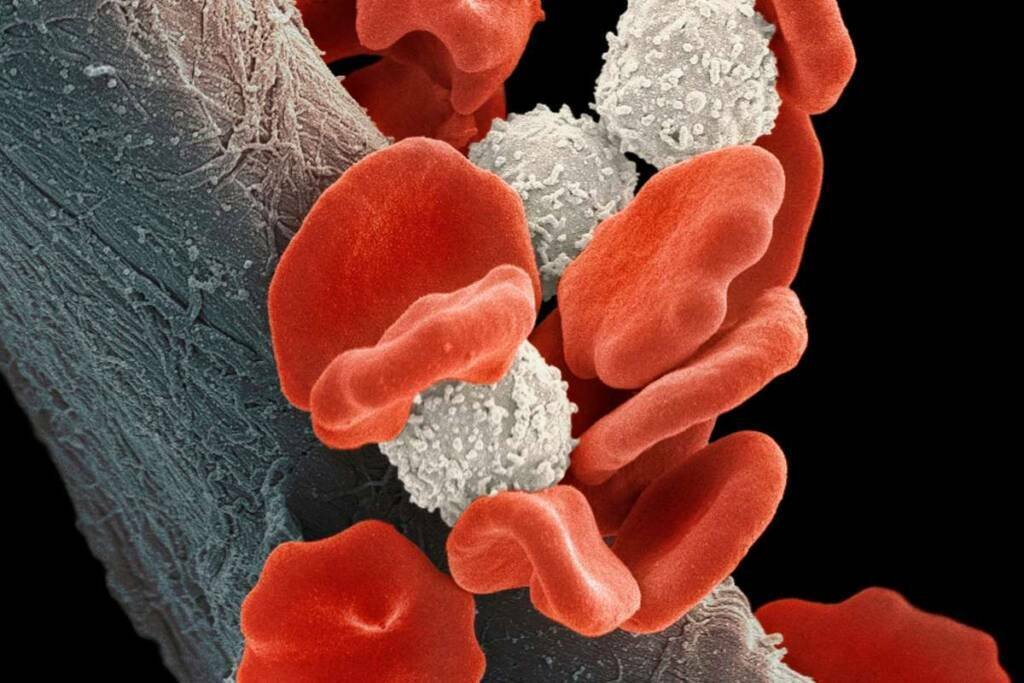Source – Eli Lilly
On July 6, 2023, Eli Lilly and Company’s oncology unit announced that The New England Journal of Medicine (NEJM) has published detailed findings from the BRUIN Phase I/II trial, which investigated the effectiveness and safety of pirtobrutinib—an investigational non-covalent (reversible) inhibitor of Bruton’s tyrosine kinase (BTK)—in adult patients with chronic lymphocytic leukemia (CLL) or small lymphocytic lymphoma (SLL) who had previously received treatment with a BTK inhibitor.
The publication in NEJM provides additional clinical insights from the dataset that was presented at the 2022 American Society of Hematology (ASH) Annual Meeting. The dataset encompasses 247 CLL/SLL patients who had been previously treated with a BTK inhibitor and were enrolled in both the Phase I and Phase II segments of the BRUIN study.
“Patients with relapsed or refractory CLL or SLL following treatment with a covalent BTK inhibitor represent a population with limited treatment options. These data support the potential for pirtobrutinib to extend the benefit of BTK inhibition for patients with CLL or SLL with a once-daily oral therapy.”
– Jennifer A. Woyach, M.D., professor and hematologist-oncologist at The Ohio State University Comprehensive Cancer Center – Arthur G. James Cancer Hospital and Richard J. Solove Research Institute
“We are pleased to have the detailed safety and efficacy results of pirtobrutinib in adults with CLL or SLL published in NEJM and shared with the broader medical community. “Treating clinicians have expressed the desire to fully exhaust BTK inhibition prior to switching their patients to another therapy class. These data continue to reinforce pirtobrutinib’s ability to help reestablish BTK inhibition following treatment with a covalent BTK inhibitor.”
– David Hyman, M.D., chief medical officer, Loxo@Lilly
A total of 317 patients diagnosed with chronic lymphocytic leukemia (CLL) or small lymphocytic lymphoma (SLL) were administered pirtobrutinib, with 247 of them having previously been treated with a Bruton’s tyrosine kinase (BTK) inhibitor. Among these 247 patients, the median number of previous treatment lines was 3, and 40.5% had also received a B-cell lymphoma 2 (BCL2) inhibitor like venetoclax. The overall response rate to pirtobrutinib was determined to be 73.3% with a confidence interval of 67.3% to 78.7%, which increased to 82.2% (confidence interval: 76.8% to 86.7%) when considering partial response with lymphocytosis.
The median progression-free survival was found to be 19.6 months with a confidence interval of 16.9 to 22.1 months. In terms of adverse events, infections were observed in 71.0% of patients, while bleeding and neutropenia occurred in 42.6% and 32.5% of patients, respectively. Some adverse events typically associated with BTK inhibitors, such as hypertension, atrial fibrillation or flutter, and major hemorrhage, were relatively infrequent at 14.2%, 3.8%, and 2.2% of patients, respectively. The discontinuation rate of pirtobrutinib due to treatment-related adverse events was low, with only 2.8% of patients discontinuing the treatment. This occurred after a median treatment duration of 16.5 months, ranging from 0.2 to 39.9 months.





























